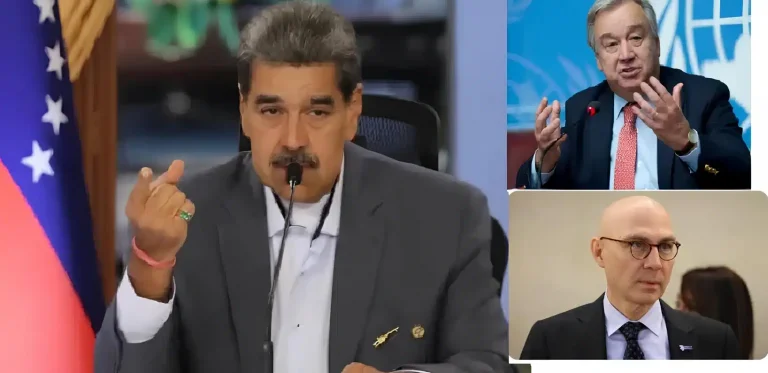Trump Administration Using ‘State Secrets Privilege’ As It Was Intended
President Donald Trump’s administration invoked the “state secrets privilege” to prevent a United States court from reviewing the abduction of immigrants, mostly Venezuelans, who were flown to El Salvador and Honduras.
A number of explainers related to the Venezuelan migrants case have been written about the state secrets privilege. One in particular from CNN suggested that Trump had broken with “past practice.” Most of them gloss over or omit similarities between this case and the 1953 case known as U.S. v. Reynolds, which established the state secrets privilege.















